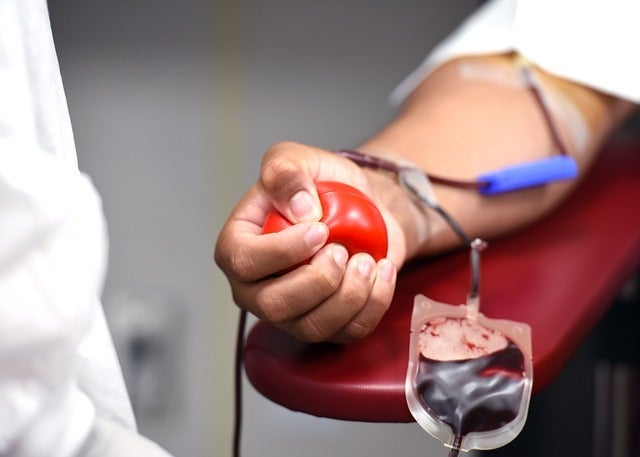
Terumo Blood and Cell Technologies has announced the US Food and Drug Administration (FDA) approval and official roll-out of its IMUGARD WB platelet pooling set.
According to the US-based medical technology company, IMUGARD supports extended shelf life of whole blood-derived platelets from five days to seven days.
It also provides an alternate source of supply when demand for platelets continues to increase while the supply reduces due to a lack of blood donors.
IMUGARD is the first platelet pooling set approved for seven-day storage in the US, said the company.
Terumo Blood and Cell Technologies global blood solutions general manager Chetan Makam said: “IMUGARD opens the possibility for US blood centres to use the platelets from their whole blood donations to increase the number of platelets available for transfusion.
“We are the first company to provide a seven-day shelf life of both apheresis and whole blood-derived platelets in the US, adding flexibility to the platelet supply.
“This is especially important now with the increased demand for platelets and the challenges blood centres face with recruiting new apheresis platelet donors.”
Terumo said that platelets are a type of cells present in the human blood that help form blood clots to slow or stop bleeding and to help wounds heal.
Platelets are used to treat different types of patients, including those undergoing chemotherapy, organ transplants and bone marrow transplants.
The company said that its new platelet pooling set aims to increase the availability of platelets for transfusion, extending their shelf life from five days to seven days.
The extended shelf-life can help blood centres better manage supply to meet patient needs and reduce waste.
In addition, IMUGARD now provides blood centres with an alternative product to help them retrieve platelets from whole blood donations, said the company.
Terumo provides products, software and services that help customers collect and prepare blood and cells to treat challenging diseases and conditions.
Its customers include blood centres, hospitals, therapeutic apheresis clinics, cell collection and processing organizations, researchers, and private medical practices.






